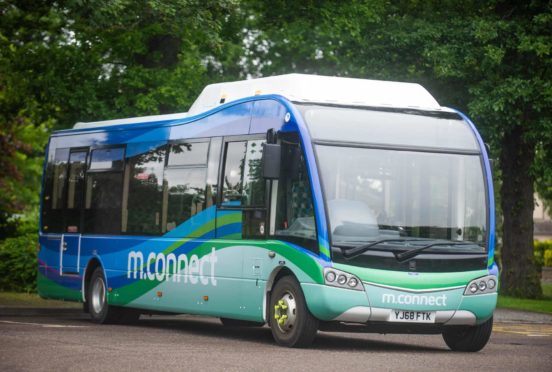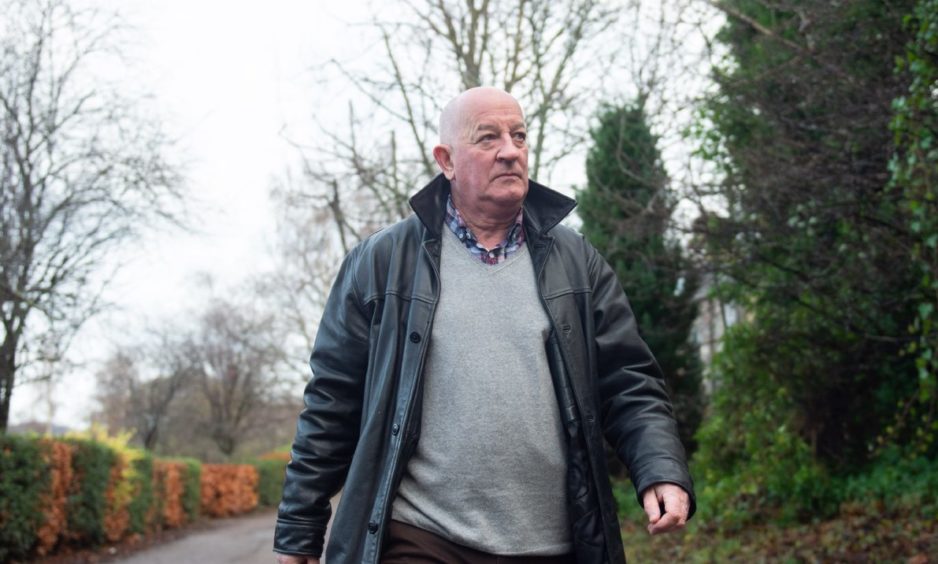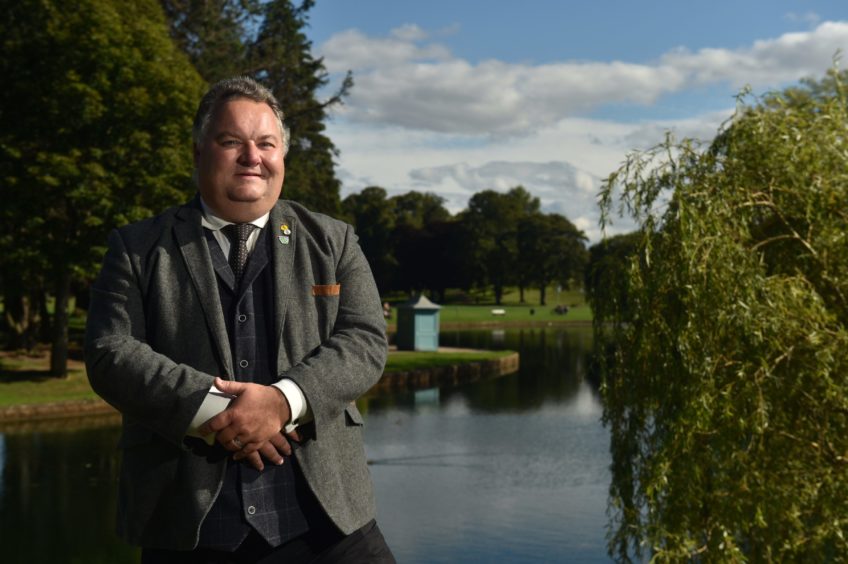Electric buses able to be booked through an Uber-style app could hit the roads in Moray later this year.
The “bus revolution” project is part of the region’s growth deal, which has been backed by the Scottish and UK governments.
The initiative aims to reduce transportation barriers facing people wanting to travel to towns for work or go to rural locations to visit.
Yesterday Moray Council pledged £300,000 for the initiative with a further £4million expected from the Scottish Government as part of the growth deal.
Meanwhile, a £1.3m investment in nurturing children towards careers in science, maths and engineering was also confirmed with a further £3.5m to come from Scottish Government.
On-demand buses to encourage travel to rural areas
Moray Council transportation manager Nicola Moss explained the “bus revolution” ultimately aims to have passengers being able to book a service within 45 minutes.
She said: “We are ambitious and we are looking at a Monday to Saturday service while aiming to get to Sundays.
“We are looking at operating from 4am to midnight – that doesn’t mean there will be 20 buses available at 4am but it shows the gaps we are trying to fill.
“It will primarily be about connections inside Moray but we recognise there may be other opportunities, such as the airports, and we are looking at possible destinations.”
Moray Council has already been testing an electric bus on a Forres to Aberlour service after securing funding from Hitrans.
The success of the technology led to it also being used on a town service in Forres to fill the gap left by the withdrawal of Stagecoach from the area.
It is hoped the bus revolution project will also lead to timetabled services in future years.
However, officials have stressed they will be targeted towards gaps in the network instead of competing with commercial operators.
Speyside Glenlivet councillor Derek Ross said: “Anything that lessens the isolation of people in Moray is a good thing.
“I think timetabled services are needed, particularly if we are trying to bring people into the cultural quarter in Elgin and then help them get back out.
“Affordability is an issue too. It’s currently £16 for a return from Dufftown to Elgin, which can be prohibitive for people wanting to travel to Elgin for work.”
Learning project aims to future-proof Moray workforce
The Stem learning project will aim to embed science and maths in early years education with a trial to be run at RAF Lossiemouth’s childcare centre.
It is hoped the move will then encourage children to take a greater interest in the subjects through later education.
The dependency of 20% of Moray jobs on manufacturing has been identified as a vulnerability in the local economy to the rise of automation.
It is hoped an increase in Stem learning will prepare future employees for the rise in technology.
Council leader Graham Leadbitter said: “We’re making real progress on these exciting projects which will play such an important role in Moray’s future and, in the short to medium-term, our recovery from the pandemic.
“We’re anticipating that, subject to the deal being agreed, the bus revolution project could be on the road later this year, while Stem will follow in a few years to allow for considered planning and engagement with partners and the community.”
Scottish Government transport, infrastructure and connectivity minister Michael Matheson said: “Investment in these projects will help provide public transport which meets the needs of the region’s largely rural economy while reducing carbon emissions, and support the development Stem learning for young people.
“These projects will make Moray an even more attractive place to live and work, and support one of the deal’s key ambitions of attracting and retaining young talent.”


